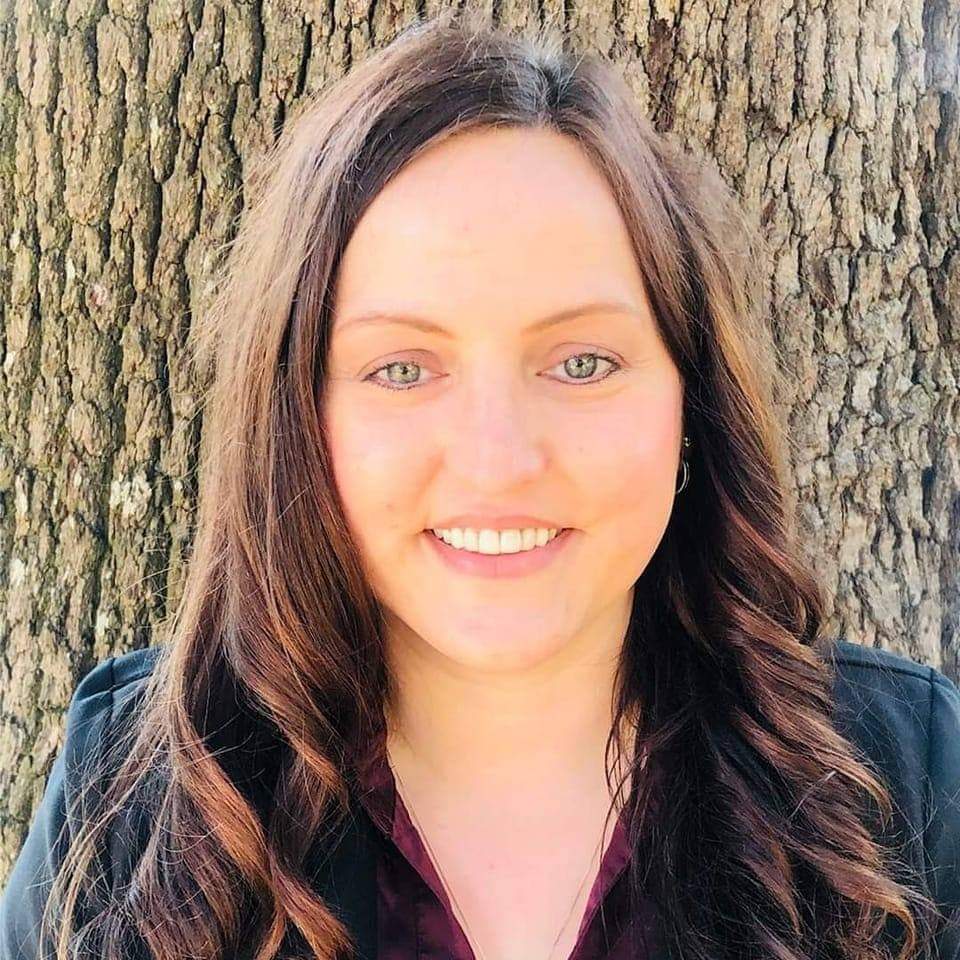
Neurology
St. Joseph’s/Candler program designed to help patients with movement disorders
The Movement Disorders Program offers comprehensive care for patients diagnosed with Parkinson’s disease, Essential Tremor and other movement disorders
Almost 90,000 Americans are diagnosed with Parkinson’s disease each year and approximately 1 million Americans are living with a Parkinson’s disease diagnosis, according to the Parkinson’s Foundation.
That’s just one condition that is classified as a movement disorder, and it’s not even the most common movement disorder.
To ensure patients with movement disorders receive the highest quality of care, St. Joseph’s/Candler offers the Movement Disorders Program (MDP), a program dedicated to comprehensive evaluation, treatment, education and resource support.
“This program is essentially a road map that can assist people who have any type of movement disorder diagnosis,” explains Katy Harne, outreach coordinator for the Movement Disorders Program.

A movement disorder is defined as a group of neurological conditions causing involuntary or abnormal movement. Examples of movement disorders can include Parkinson’s disease, restless leg syndrome, Tourette’s Syndrome, Essential Tremor, Huntington’s disease and other related neurological disorders.
The MDP is designed to help patients with movement disorders throughout their entire journey, Harne says. You could be newly diagnosed and don’t know where to turn to look for help so this program can plug you into community resources. The program also can help patients pivot with changes as their disease progresses and can assist with more comprehensive care.
“So I’m happy to help you throughout your entire journey,” Harne says, who has almost two decades of experience working in geriatric healthcare in Savannah.
The goal of the MDP is to provide compassionate, comprehensive, quality care for patients with movement disorders. The program improves access to information, services and treatment, as well as serves as advocates for patients with movement disorders.
“I think this program is so important because you can feel very isolated when you are faced with a progressive diagnosis,” Harne says. “This program helps provide people with resources in Coastal Georgia and the Low Country, whether that’s support groups or different types of medical assistance or community events – people can feel connected and feel they are not alone in their endeavor to live life successfully.”
Among the services offered through the MDP are:
- Multidisciplinary team approach in creating customized treatment plans.
- Designated patient navigators assist patients trough the continuum of care.
- Specialized diagnostic/therapeutic procedures coordinated by a highly-skilled board-certified neurologist.
- Patient evaluation and follow up assessment with the St. Joseph’s/Candler Physician Network – Neurology practice.
- Physical, occupational and speech therapy offered in both an inpatient and outpatient setting.
- Education and community outreach, including connecting patients with support groups.
“Maybe someone is newly diagnosed and needs to know more about Parkinson’s specific therapy programs, we can help with that,” Harne says. “Or maybe a patient is feeling isolated and wants to meet with the local Essential Tremor support group, we can help with that. It’s about knowing all of the resources within our network and being able to refer to dedicated professionals who can help with movement disorders.
The MDP team
The MDP takes a multidisciplinary approach to treating patients with movement disorders. The team includes:
- St. Joseph’s/Candler Neurologist Dr. Jill Trumble, board certified neurologist and fellowship trained movement disorders specialist, medical director of the program
- Katy Harne, outreach coordinator
- Board certified balance physical therapists, occupational therapists and speech therapists
- Other case managers, registered nurses and exercise physiologists
“For me, it’s about getting out in the community and making people aware this program is accessible to them, and that we’re available to people to educate them and offer resources,” Harne says.
“While you might not be able to say there’s a cure for this condition at this time, there are so many ways to live successfully and to make this day as productive and as healthy as possible. There’s an entire tool belt of resources we have and all of these things are at our patient’s disposal.”
For more information about the Movement Disorders Program, contact outreach coordinator Katy Harne at 912-663-6803 or by filling out this form. For more information, visit our website.
